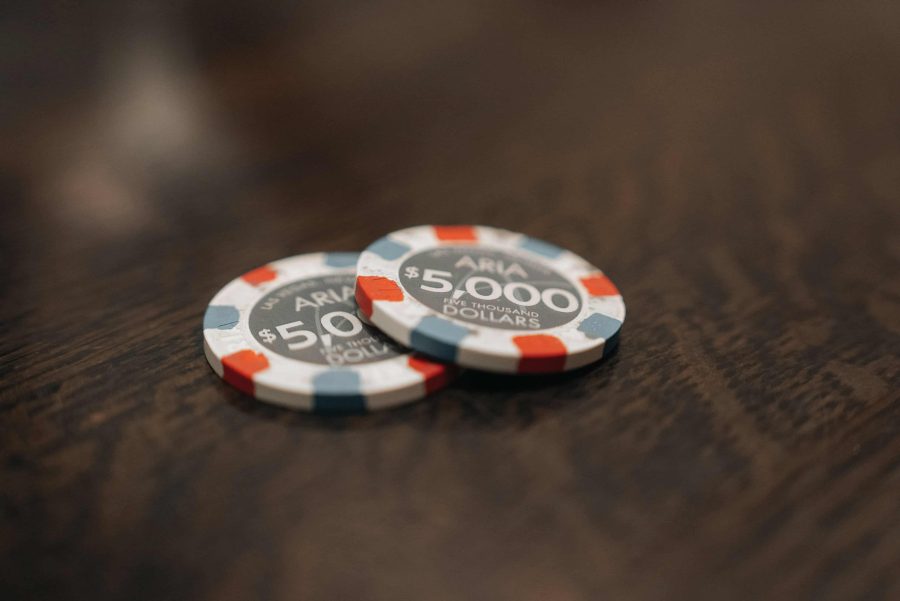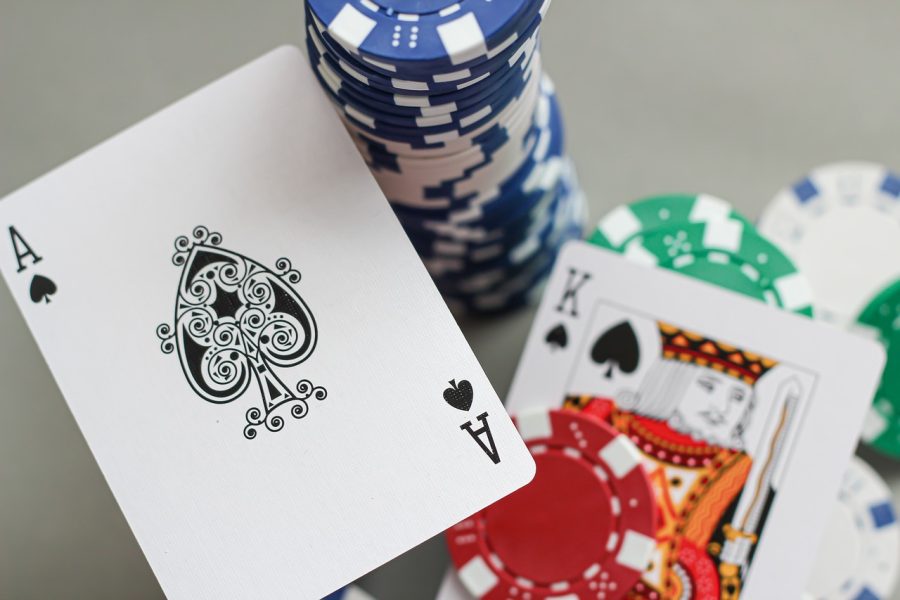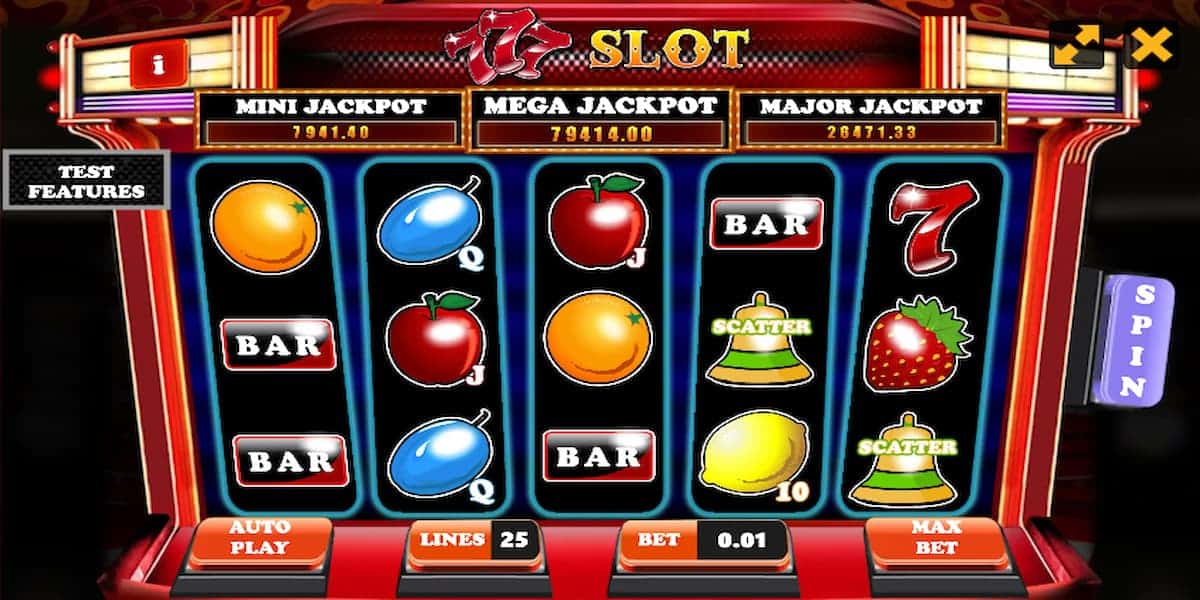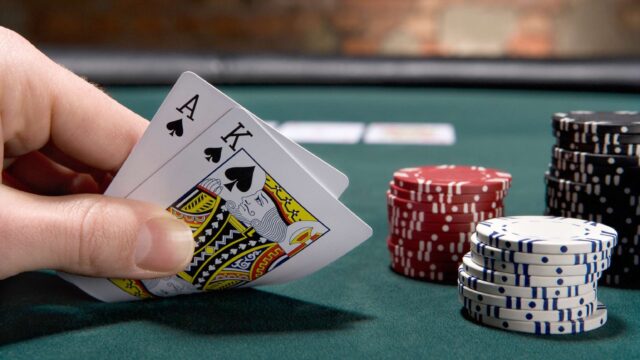At the heart of every bustling casino lies a complex and intriguing world of chance and strategy, where the glimmer of slot machines and the tension of the poker table create an atmosphere charged with anticipation. But beneath the neon lights and the sounds of excitement lurks a calculated precision: the odds of each game offered.
How do casinos determine these odds, and what factors come into play in this fascinating balance between risk and reward? In this article, we will uncover the methodologies that casinos employ to set these odds, revealing the blend of mathematics, psychology, and economics that shape the player experience. From the seemingly simple roll of the dice to the intricate interplay of cards, the odds are meticulously crafted to ensure both entertainment and profitability.
Join us as we delve into the mechanics that define the games you love—and the clever strategies that keep the house in the game.
Understanding House Edge: The Key Principle Behind Casino Odds

Understanding the house edge is fundamental to grasping how casinos set their odds and ultimately profit from their games. At its core, the house edge represents the statistical advantage that the casino holds over players, ensuring that in the long run, the odds are tilted slightly in favor of the house.
For example, in a game like roulette, the presence of the green zero (or double zero in American roulette) skews the probabilities against what players might expect. This small but significant detail allows the casino to maintain a consistent edge, irrespective of individual outcomes.
As players engage with various games, whether it be blackjack, slots, or poker, it is crucial to realize that every bet is accompanied by this built-in advantage, subtly shaping the gaming experience. Understanding the house edge not only illuminates how odds are crafted but also empowers players to make informed choices about their gambling strategies.
The Role of Game Design: How Rules and Payouts Influence Odds

Game design plays a pivotal role in shaping the odds and payouts in casino games, intricately weaving the rules into a tapestry that attracts players while ensuring house advantage. At its core, each game is meticulously constructed—with variable odds and payout structures tailored to balance excitement and profitability.
Consider the nuances of slots, where a combination of return-to-player percentages and jackpot frequencies dictates player experience. Here, the thrill of chasing a massive payout is tempered by the understanding that every spin is governed by probabilities meticulously crafted by designers.
Conversely, in table games like blackjack or poker, strategic rules and player decisions inject an element of skill, shifting the odds in unpredictable ways. Ultimately, these dynamics create a delicate interplay between risk and reward, positioning the casino as both the host of entertainment and the architect of the odds that keep players returning for more.
Mathematical Models and Probabilities: Calculating Fair Odds in Casino Games

Mathematical models play a pivotal role in determining the odds of casino games, ensuring a balance between excitement for players and profitability for establishments. Each game, whether it’s the spin of a roulette wheel or the shuffle of a deck in blackjack, is steeped in probabilities that dictate the house edge—the statistical advantage a casino holds over its patrons.
For instance, in a game of roulette, the presence of a zero (or double zero) significantly skews the odds in favor of the house, making the calculations far more intricate than they might first appear. Similarly, slot machines operate on randomized number generators, where intricate algorithms dictate payout ratios, ensuring that while a player might experience short bursts of wins, the long-term trend favors the casino.
By meticulously analyzing these probabilities and setting odds accordingly, casinos create a system where luck meets mathematical certainty, inviting players to gamble while safeguarding their bottom line.
Conclusion
In conclusion, understanding how casinos set the odds for their games reveals the intricate balance of chance, strategy, and house advantage that governs the gaming experience. By employing sophisticated mathematical models and statistical analysis, casinos can create games that are not only entertaining but also profitable.
This careful calibration is crucial in ensuring that players have a fair chance while allowing the casino to maintain its edge. For those looking to test their luck, promotions like the spy-casino 50 free spins can provide an exciting opportunity to experience these games without the risk of losing money upfront. Ultimately, knowing the odds can enhance your gaming strategy and enjoyment, turning a night at the casino into a more rewarding experience.




